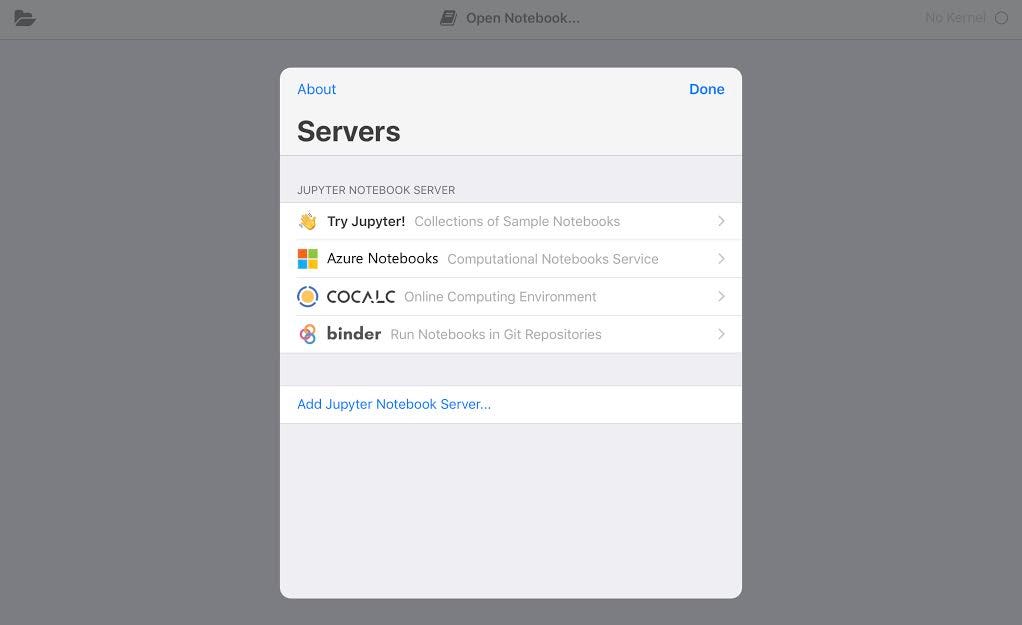


NOTE 1: Since the remote interactive session was assigned to 'node059' the above SSH forwarding command. Step 1: Create the tunnel using the following command: ssh -L 8888:node059:8888. On an Ubuntu image the user will be ubuntu, while on AL2 you should use ec2-user. For simplicity we will use ssh port forwarding from your machine to the instance. Use MobaXterm to create a so-called SSH Tunnel from your laptop (which cannot connect directly to the compute node) to the login server (which can).
#SSH TUNNEL JUPYTER NOTEBOOK WINDOWS#
To access Jupyter over the SSH tunnel on anycodings_jupyter-notebook Windows you will need to 1) initiate the anycodings_jupyter-notebook tunnel in Putty and 2) configure your anycodings_jupyter-notebook web browser to send traffic over the anycodings_jupyter-notebook tunnel.ġ) anycodings_jupyter-notebook Navigate to anycodings_jupyter-notebook Connection->SSH->TunnelsĢ) Put anycodings_jupyter-notebook in the local address for which you want anycodings_jupyter-notebook to forward trafficģ) Click the anycodings_jupyter-notebook 'Dynamic' radio buttonĤ) Click the anycodings_jupyter-notebook 'Add' buttonĥ) Click the 'Open' button anycodings_jupyter-notebook to initiate the connectionġ) Use anycodings_jupyter-notebook the Start->Run menu to run anycodings_jupyter-notebook inetcpl.cplĢ) In the 'Connections' tab anycodings_jupyter-notebook click 'LAN Settings'ģ) Click on the anycodings_jupyter-notebook 'Use a proxy server for your LAN' check anycodings_jupyter-notebook boxĥ) In the anycodings_jupyter-notebook 'Socks' field type '127.0.0.1' and add anycodings_jupyter-notebook the port that you chose aboveĦ) Apply anycodings_jupyter-notebook these changes by clicking the 'Ok' anycodings_jupyter-notebook button Start your favorite browser on your laptop, paste the URL given by the jupyter-notebook (see slide ssh tunneling (1)) on Tetralith. To setup an SSH tunnel to the Jupyter notebook session that was previously created, on a macOS or Linux client, use the following steps. 1 - Open an SSH tunnel that forwards the port setup for Jupyter Notebook on the remote machine to a port on the local machine so that we can access it using our. The Jupyter notebook can be run via a browser on port 8888 by default.


 0 kommentar(er)
0 kommentar(er)
